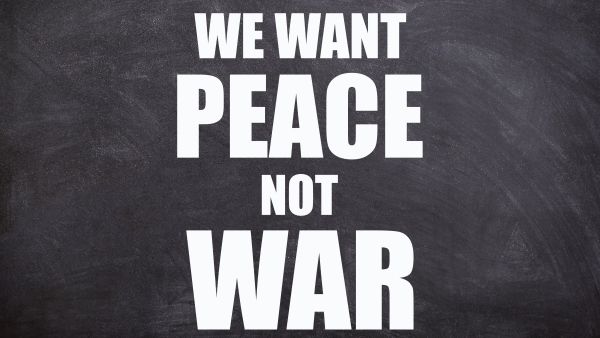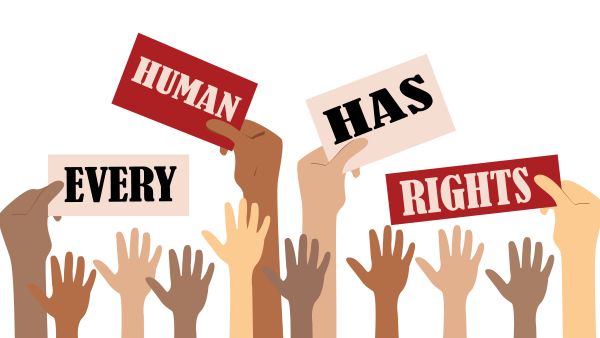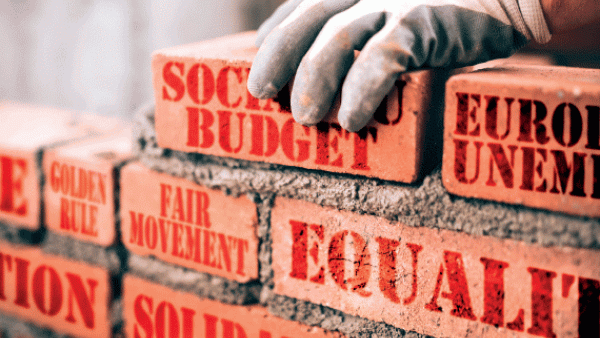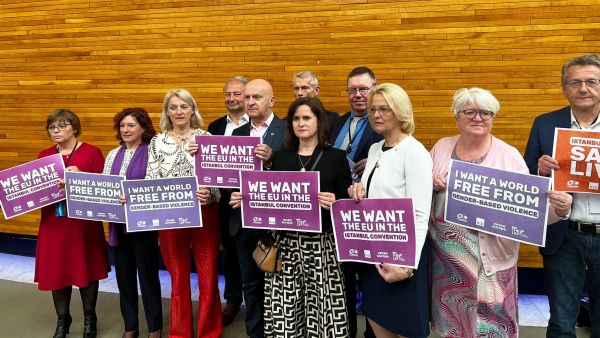Child labour in the Congo to extract cobalt for our smartphones and rainforest degradation in Brazil for soy products ending up in our supermarkets are just two examples of irresponsible business practices that still happen in today's world — with a particular impact on the most vulnerable.
We cannot turn a blind eye, especially when their supply chains end in our supermarkets, our closets, or in the smartphones and computers that we use in our daily lives.
In an increasingly globalised world, where multinational corporations wield unprecedented influence, the need for robust mechanisms to hold businesses accountable for human rights abuses has never been more pressing. The ethical responsibilities of businesses extend far beyond profit margins and shareholder interests.
The 'Report on human rights and democracy in the world and the European Union's policy on the matter — annual report 2023', recently adopted by the European Parliament and led by the S&D Group, marked a crucial juncture in the quest for corporate accountability in safeguarding fundamental human rights.
The report is a resounding affirmation of the indivisibility of human rights and the European Union's dedication to upholding these principles. Its emphasis on action, particularly through the consistent implementation of human rights clauses in international agreements and targeted sanctions against corruption, demonstrates a commitment to rectifying injustices not just in authoritarian states, but within the corridors of global commerce as well.
Corporations can indeed contribute to sustainable development through job creation and economic development or the promotion of human rights in everybody's interest. Therefore, we need business models that also prioritise human rights, thus inciting greater trust from consumers, attracting top talent, and mitigating risks associated with reputation damage.
This is the battle cry for Progressives in the European Parliament, to bolster the EU's toolbox in countering these threats.
The EU has already set crucial precedents with legislative initiatives that compel businesses to respect human rights. Examples are the Corporate Sustainability Due Diligence Directive — the first legislation in the world to hold businesses accountable for harm done to people and the planet in their subsidiaries and value chains — a regulation on prohibiting products made with forced labour on the Union market, the Regulation on deforestation-free products and the Conflict Minerals and Batteries Regulations.
Nonetheless, if we look at the world beyond Europe, this is far from being enough. We need not only an EU, but a global binding legal framework that establishes clear standards of conduct for businesses, ensures effective mechanisms for accountability, and provides remedies for victims of abuse. In this regard, a UN instrument for business and human rights would serve as a critical tool in advancing these objectives. It would establish clear international obligations for businesses to conduct due diligence to identify, prevent, and mitigate human rights risks, both within their own operations and across their supply chains.
As Social Democrats, we call upon the international community to support the development and implementation of such an instrument. As we push for accountability and integrity, our upcoming conference will spotlight the emergent strategies to forge a world where economic growth and human rights are mutually reinforcing. Our message is unequivocal: the time for businesses to step up and assert themselves as champions for human rights is now.
It is within this framework that the S&D Group has organised, on Wednesday, 10 April, the conference titled "Business & Human Rights Agenda: Next Steps" at the European Parliament. More details on the event can be found here.
The discussion will start at 15:30 and will be live-streamed on our website. This is not just a symbolic gesture, but a strategising summit for the next steps in this advocacy. It's a call to reinforce our defences against human rights abuses by corporations — where environmental degradation, child labour, labour exploitation, and involvement in conflicts are not outliers but symptoms of systemic oversight in corporate governance.
During the upcoming conference in Brussels, key voices from journalists, civil society, and policymakers will be heard. Their insights will expose the complex challenges at hand: enforcing a binding global framework that marries economic pursuits with ethical imperatives.
Nacho Sánchez Amor is S&D human rights coordinator. Lara Wolters is S&D MEP and European Parliament rapporteur for due diligence.












